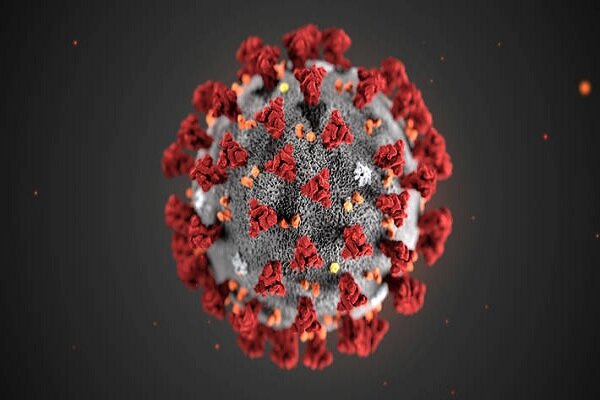Besides its direct impact on human health, this outbreak has raised serious questions on the impact of the new coronavirus epidemic on food safety, agriculture supply, and demand. However, expert's opinions on this matter remain very cautious and therefore, assessing the COVID-19 outbreak’s impact on the food and agriculture sector is premature and only speculative at this stage.
While imposing restrictions on the movement of people have been considered by some countries in order to limit the spread of a disease, they can have significant socio-economic repercussions on people's livelihoods, specifically on the most vulnerable groups. Such measures also can partially disrupt market chains.
In this situation, FAO is working to measure the impact on smallholder farmer’s livelihood. FAO is also collaborating closely with its partners, including the World Health Organization (WHO), the World Organisation for Animal Health (OIE) and the Ministry of Agriculture and Rural Affairs of China, to assist in identifying the potential animal hosts of this virus.
Considering the current COVID-19 outbreak, FAO strongly advises the public to take into account below points, specifically while dealing with meat and animal products:
-While the source of the current COVID-19 is likely of animal origin of the COVID-19, to date, the spread and development of the current human epidemic is due to human-to-human transmission.
-Meat from healthy livestock that is cooked thoroughly remains safe to eat.
-People should not handle, slaughter, dress, sell, prepare or consume meat that originates from wild animals or livestock that are sick or that have died from unknown causes.
-Raw wild meat or uncooked dishes based on the blood of wild animals should not be consumed. These practices place people at high risk of contracting any number of infections.
-Any unusual morbidity or mortality of animals should be reported to the animal health authorities.
FAO has been promoting increased awareness of zoonotic diseases (diseases transmissible between animals and humans). FAO also has a long history in reducing food-related risks, and in promoting healthy food production and consumption.
MNA/
Publish Date: 3 March 2020 - 06:00

TEHRAN, Mar. 03 (MNA) – Since late December 2019, after the first case of COVID-19 was confirmed in China, as of today, the virus has spread to 66 other countries across the world.